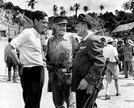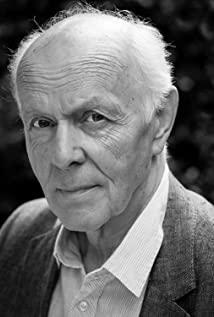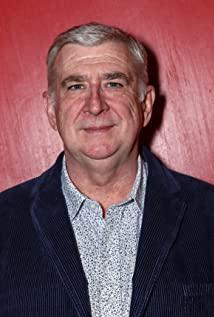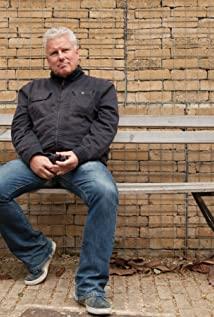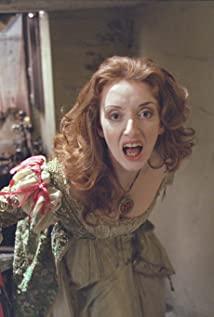-
Catharine 2022-04-22 07:01:04
Which country is the most Ah Q?
When the British were captured, they helped the enemy to build bridges, and even put up a sign "British Army Built". They were good at turning shame into glory; the
Americans saw this shame, so they let the only prisoner of war capture the United States The soldiers escaped successfully, and... -
Jovani 2022-03-21 09:01:23
Very classic, a little sigh, retained. . .
Not a film critic, a little sigh of watching the film, think of where it is written
in the film, the Japanese are the victors and rulers, but they don't have such a demeanor.
From words to behaviors, they still can't hide their humbleness in their bones. Although they are an island nation like the...
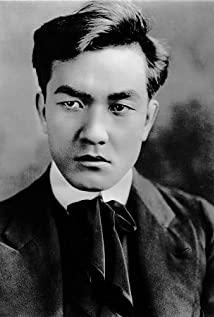
Sessue Hayakawa
Character Evaluation
-
Mckenzie 2021-10-22 14:40:18
Really. The epic film looks better than the more famous "Lawrence of Arabia". Jiang Wen's "The Devil Is Coming"'s idea of becoming a captive master actually came from here, which pales in comparison. Its inclusiveness comes from chanting that human nature has commonality, and it also recognizes the eternal fate that various values cannot understand each other, those murderous intents shaking in the jungle, the silhouette of the bridge under the sunset, and the ultimate masterpiece of vision alone.
-
Jefferey 2022-03-25 09:01:06
Behind the twists and turns of the film is Lean's observation of the army, his reflection on war, and his in-depth exploration of human nature. The superb screenwriting skills make the Colonel's image particularly vivid, and the advancement of the story is the process in which all plot characters transfer their own contradictions to him. The final tragedy, which is also the most exciting part of the film, is that when the left and right struggles are concentrated on one person, the conflict of fate and character leads to an inevitable ending.
The Bridge on the River Kwai quotes
-
Lieutenant Joyce: I'm sorry, Sir. I thought you were the enemy.
Commander Shears: Well, I'm an American, if that's what you mean.
-
[after speaking with Nicholson and Saito, neither of whom will relent]
Major Clipton: Are they both mad? Or am I going mad? Or is it the sun?




